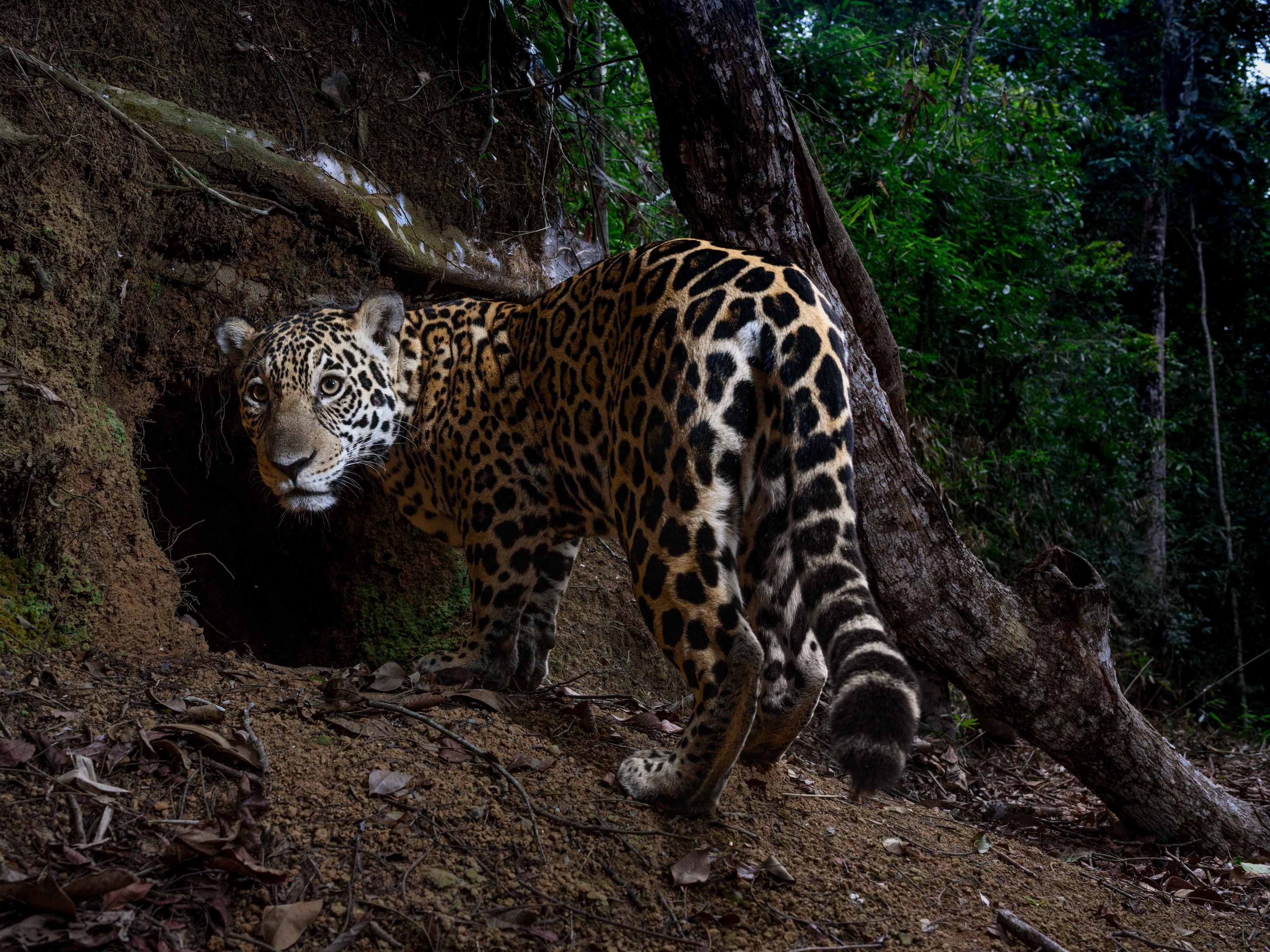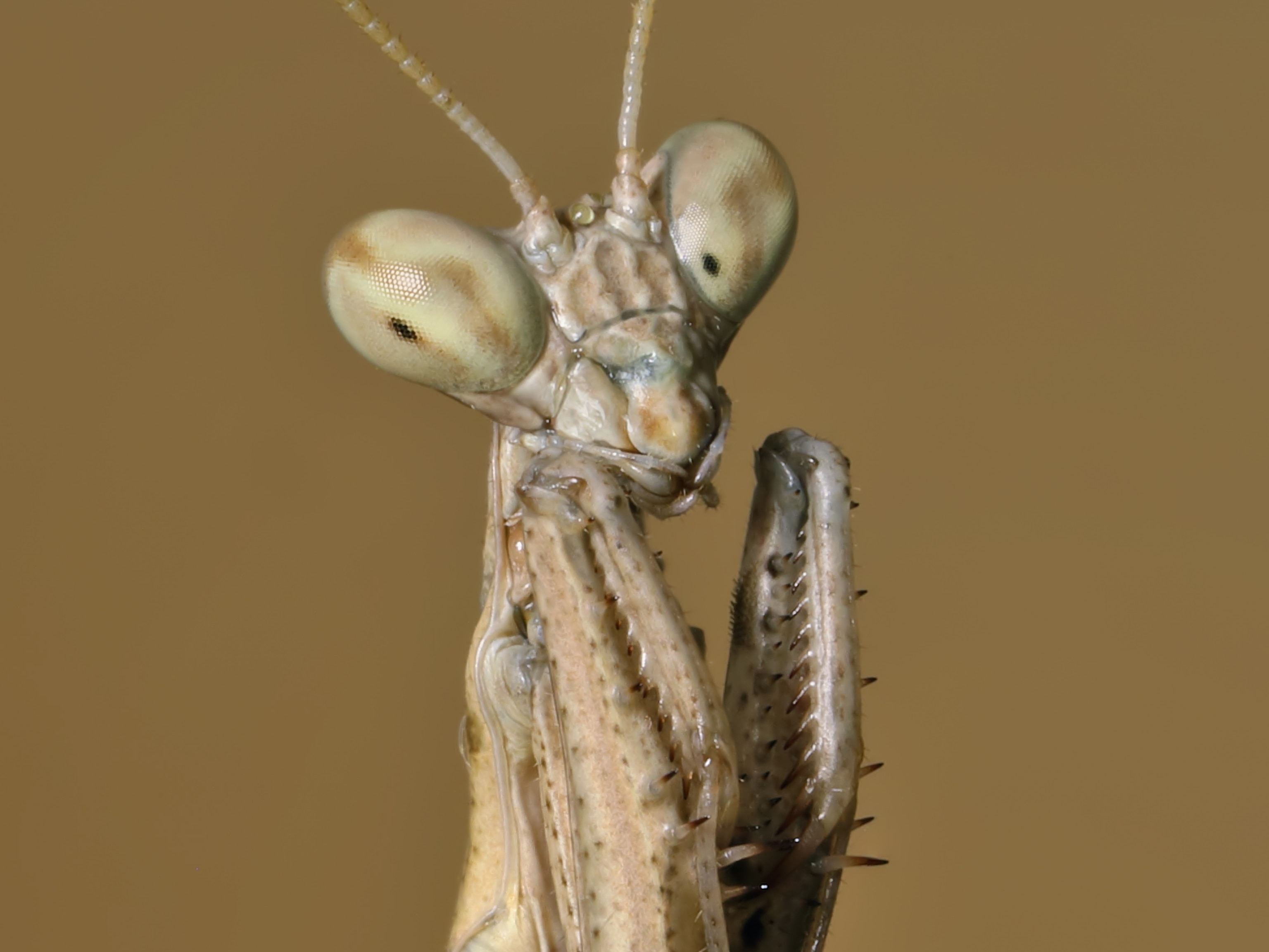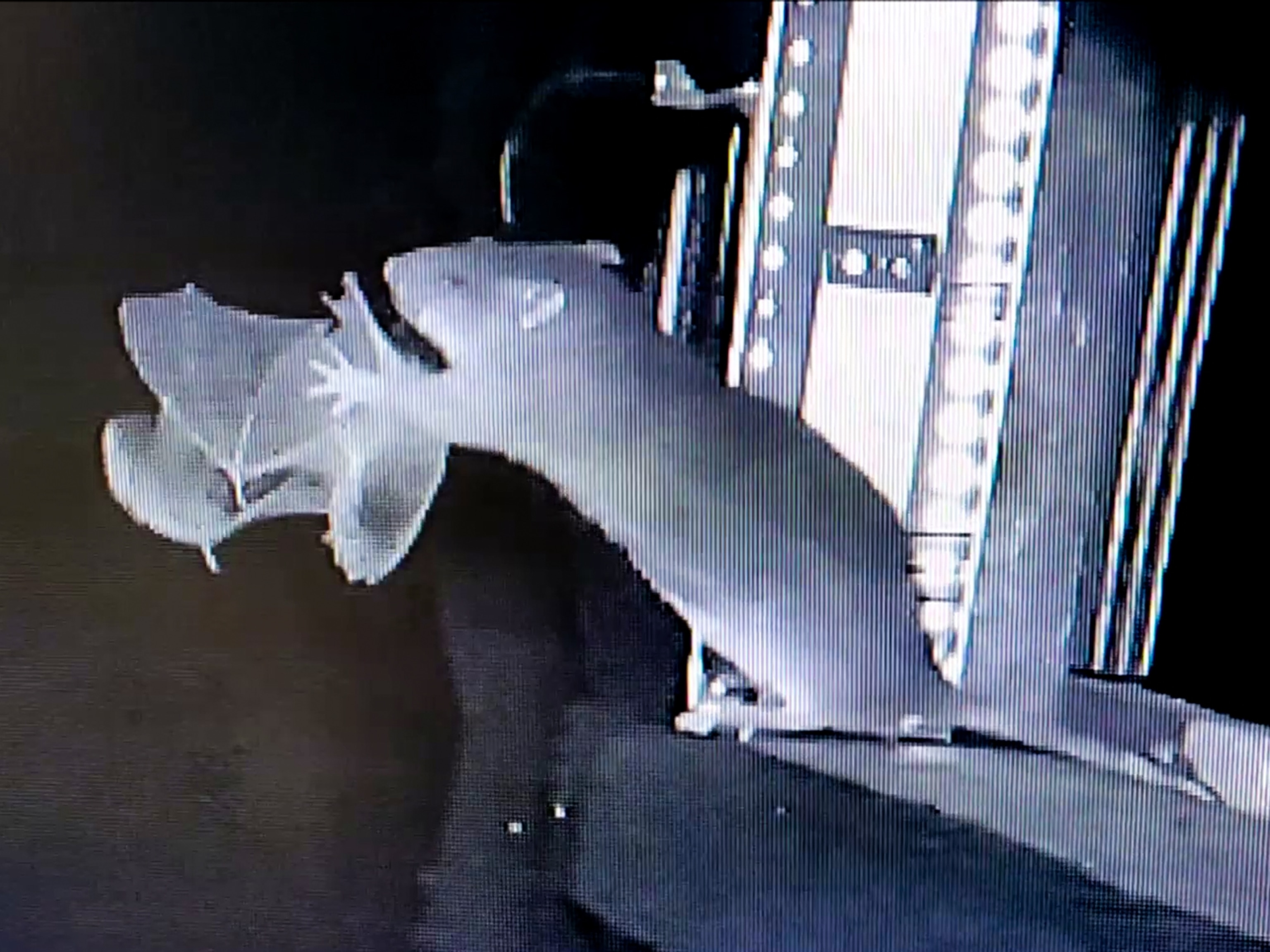
New Coelacanth Species Discovered in Texas
At just over a foot long, new fish was smaller than its kin, study says.
A new species of hundred-million-year-old coelacanth has been found, according to a new analysis of bone fragments.
One of the world's oldest types of fish, coelacanths (pronounced SEE-la-kanths) are primitive, slow-moving fish that had been thought extinct until an individual was found off Africa in 1938. There are now over 40 known coelacanth species. The two that live today are called living fossils because they have remained virtually unchanged for 320 million years.
The newfound coelacanth has been dubbed Reidus hilli in honor of its discoverer Robert Reid, an artist who found the fish's fossilized skull near his home in Forth Worth, Texas, in the late 1980s.
Reid donated the skull to nearby Southern Methodist University, where scientists quickly identified it based on unique bones, called gular plates, on the underside of its jaw.
"Almost from the get-go, we knew it was a coelacanth," said study leader John Graf, a paleontologist at the university.
However, it wasn't until Graf recently studied the skull bones in detail that he determined they had belonged to a previously unknown species of the ancient fish group.
(See "Pictures: New 'Rebel' Coelacanth Found.")
New Coelacanth Tiny Among Kin
At a hundred million years old, R. hilli is the youngest coelacanth ever discovered in Texas, and the only one ever found in the state that dates to the Cretaceous period. The previous coelacanth to hold that title was a 200-million-year-old specimen from the Triassic period. (See a prehistoric time line.)
Graf estimates that an adult R. hilli would have measured just over 1.5 feet (0.5 meter) in length. This would have made it about average size, as coelacanths go, but R. hilli lived during a period when coelacanth species were growing bigger.
For instance, R. hilli's cousins at the time would have measured between three and ten feet (one and three meters) on average. Modern coelacanths grow to about seven feet (two meters). (See "Coelacanths Can Live Past a Hundred, Don't Show Age?")
Based on his analysis, Graf believes R. hilli belonged to a transitional group of coelacanths that links the family of living coelacanths to an older, extinct family.
The new coelacanth species is detailed in the current issue of the journal Historical Biology.




